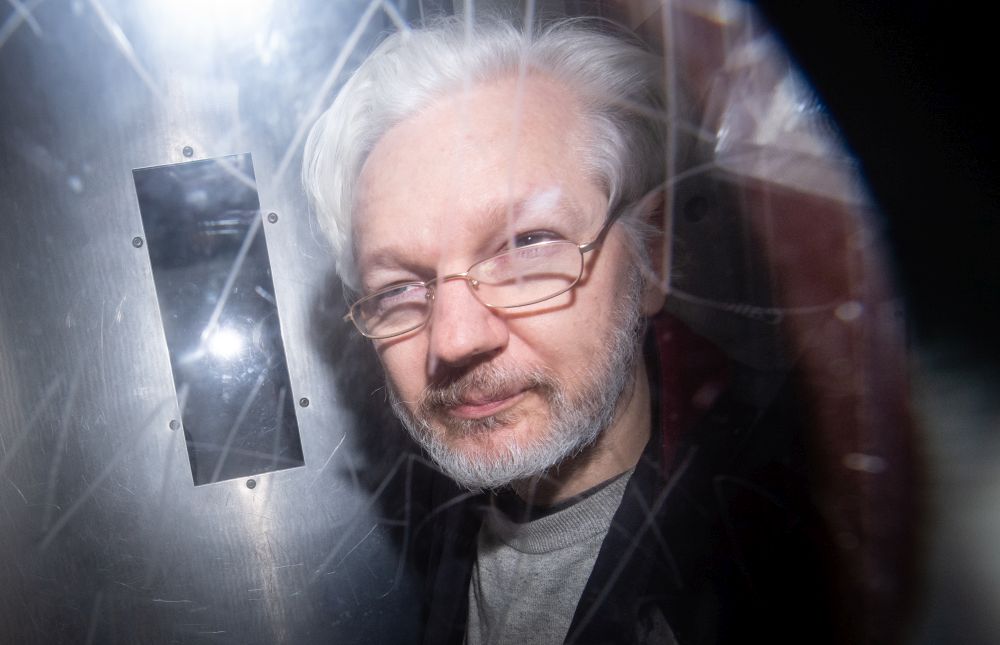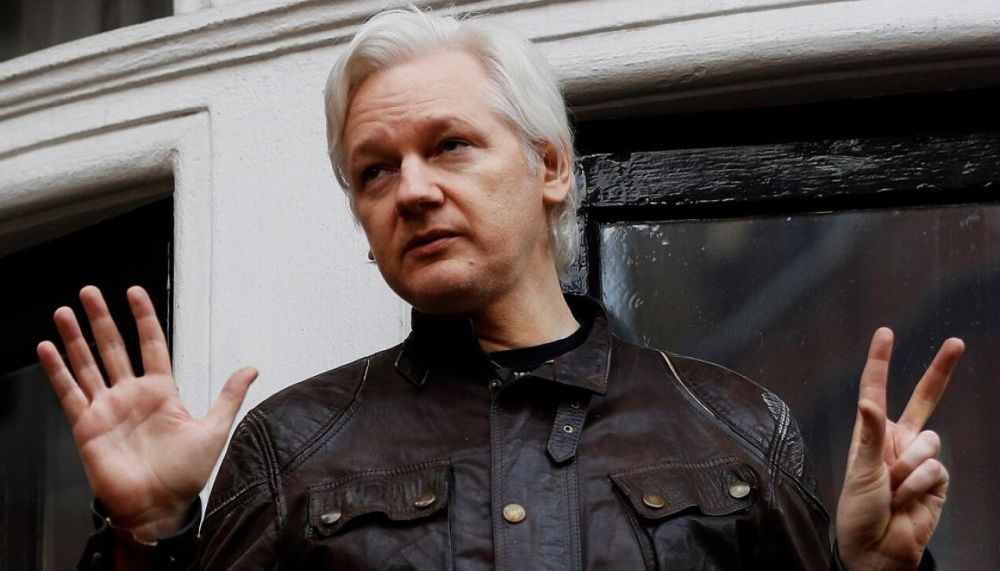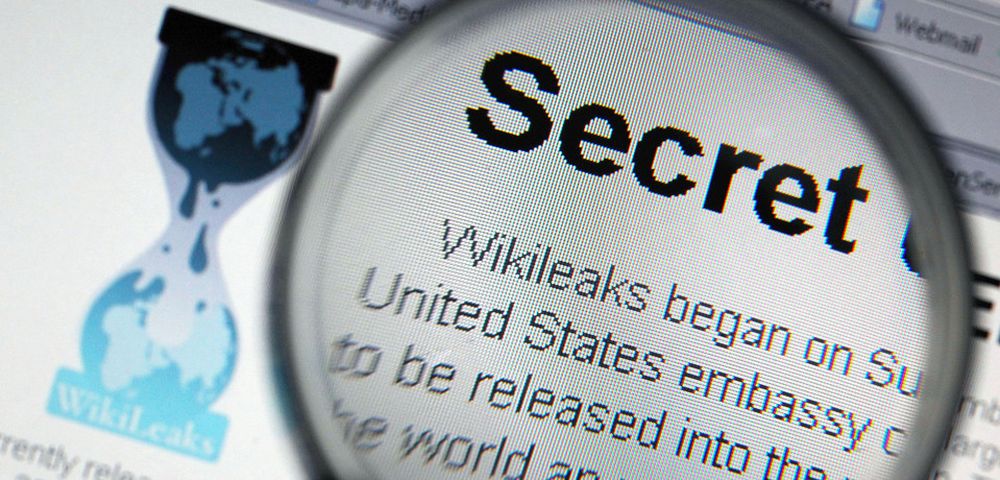Julian Assange’s release from a British prison and his subsequent plea deal with the U.S. Justice Department have reignited international debate over the balance between press freedom and national security. Assange, the founder of WikiLeaks, agreed to plead guilty to a single charge of conspiracy to obtain and disseminate national defense information. This plea deal, which credits the five years he served in a British prison towards his sentence, ensures he will not face additional incarceration time. The agreement allows Assange to return to Australia, marking the end of a protracted legal battle that has drawn significant global attention.

The court proceedings for Assange’s guilty plea are set to take place in Saipan, the largest island in the Northern Mariana Islands, a U.S. territory in the Western Pacific. This location was chosen due to Assange’s reluctance to travel to the continental United States and its proximity to Australia, where he is expected to return following the proceedings. The plea and sentencing are scheduled for Wednesday morning local time, marking the final steps in a case that has been a focal point of international discourse on the ethical implications of whistle blowing and government transparency.

Initially indicted on 18 counts, including 17 espionage charges and one for computer misuse, Assange faced accusations of aiding U.S. Army intelligence analyst Chelsea Manning in the theft of diplomatic cables and military documents for publication on WikiLeaks in 2010. The extensive disclosure of classified materials triggered a national conversation on the ethical implications of Assange’s actions, with some viewing them as courageous and others as detrimental to U.S. interests. While the leaked documents exposed alleged military misconduct in Iraq and Afghanistan, prosecutors contended that Assange jeopardized national security and assisted adversaries of the United States.

Assange’s release and plea deal have polarized opinions globally. Advocates of press freedom argue that his actions exposed critical military misconduct and served the public interest, while critics maintain that he endangered lives and compromised national security. This case has become a symbol of the ongoing struggle to balance the public’s right to know with the need to protect sensitive information. As Assange prepares to return to Australia, the debate over his legacy and the broader implications of his actions continues to resonate around the world.

